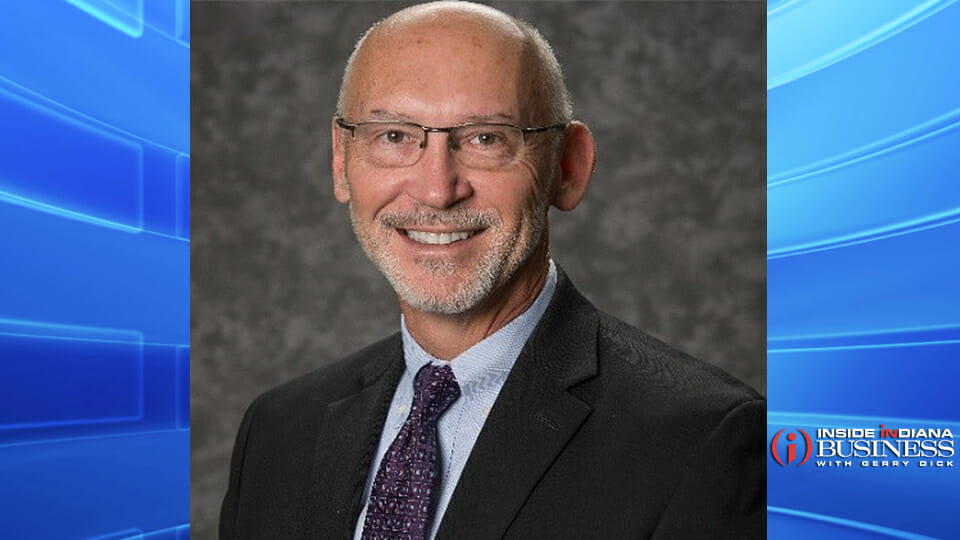A powerful mental health therapy for kids – nature
Subscriber Benefit
As a subscriber you can listen to articles at work, in the car, or while you work out. Subscribe Now
On a hunch, I pulled out of the rat race and West 38th Street traffic in the state capital the other day, and to my delight, found myself in a wonderful garden right in Indianapolis. I hope I’m the last one around to learn of the Virginia B. Fairbanks Art and Nature Park nestled in the woods beside Newfields.
What a wonderful surprise to sidestep honking commuters and discover a little bit of heaven right there along the White River. The 100 acres include walking paths; a big, gorgeous lake; forests; and areas full of flowers – not to mention a serene trail along the canal which hugs the nearby White River.
My mind immediately fixed on what a powerful asset such a natural treasure can be for our health, and especially for young people growing up in a world of noise, phones, screens, TVs, and big buildings.
Our nation is in the midst of an enormous mental health crisis. Being outside in nature is associated with improvements in self-esteem, as well as decreases in depression and anxiety. Interactions with the natural environment may also promote resilience, a decrease in stress levels and overall mental health.
After questioning a couple of young staffers, I learned that yes, many schools and youth groups frequent the park. Thank goodness. Now, if we could only convince ourselves to double and redouble our efforts to make sure every young person is regularly and consistently exposed to nature. Can we get kids outdoors, get them dirty, and teach them biology and science outdoors, without them even knowing it?
As I explored under towering hardwoods and marveled at the art and flowers, I wondered what kind of changes we could make as a society in the way we raise and educate youth to increase the power of nature in their lives? How can we more fully harness the power of nature and stimulate young students to be curious, to become self-reliant and to heal?
What if we committed ourselves to create for our children a sustained, consistent, significant exposure to nature? Not an annual field trip, but an initiative which is intentional, consistent and sustained.
Such a plan would ask parents and caregivers to start exposing kids at a very young age and policies to continue the effort through their time in school. What if we strongly encouraged and supported parents, daycare operators and educators to incorporate time outdoors, around animals and in physical activity as part of academic and developmental milestones?
Could we incent and reward educators to transform the stream bed across the street in the park or a nearby farmer’s barn into laboratories? Urban gardens, humane societies, the zoo, a roadside market or lawn and garden centers can also play a role.
I would sound naïve to argue that such changes could be made without much effort or cost. But I know if we truly embrace the concept, we could change a lot of lives with a modest investment.
They have already started at 38th street and Michigan Road in Indianapolis.
Brose McVey is the founder and board chairman of the Central Indiana nonprofit Ben’s Ranch Foundation. The organization operates and supports programs designed to connect teens who have mental health challenges to jobs on farms and in stables and equine therapy facilities.
